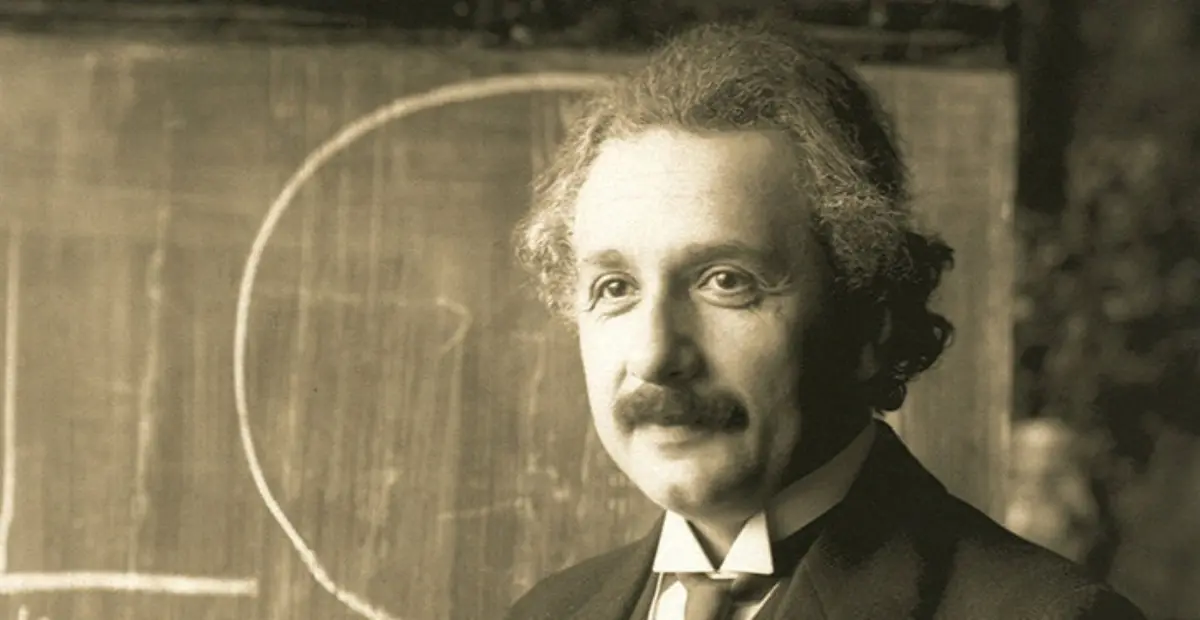There is a quote attributed to Albert Einstein that claims “the strongest force in the universe is compound interest.”
No one knows when, or even if, he said it. But he would not have been wrong. There are many, many charts and articles on the internet that extol the virtues of saving early. The benefits of getting an early jump on saving is not new wisdom; even Aesop told a fable about the ants who collected food at the right time and the grasshopper that played. Investing early is a way to ensure better results in the long run.
The same goes for a child's education. There may be just as many articles out there explaining that it is never too early to start teaching.
The first five years of a child’s life lay out the foundation for how they will learn. Vocabulary builds. Emotional understanding develops, and opinions toward many activities become established.
Reading with children, and encouraging them to read on their own, is critical at this stage in development. It shows them early on that reading is a pleasurable activity, not a burden only done when forced by a teacher.
Other rewards for starting your child reading early:
- Teaching lessons early - One of the classics in children’s picture books, The Very Hungry Caterpillar, is an amazing picture book about a caterpillar that eats its way through the book and turns into a butterfly. Beyond being visually stunning, the book teaches children a little about insects and their life cycle. This passive learning can encourage them to want to find out more about different subjects, like science and history.
- Building a vocabulary - Children do not pull words out of thin air that they want to learn. They discover new words through interactions with adults. When adults use certain words frequently, children do as well. It is not difficult to start building that vocabulary early by reading them books and answering what all the words mean. Reading those books provides a word boost to any student when they head to kindergarten on the first day.
- Improved concentration - Attention spans are important. The ability to focus on a task for long periods of time improves the student’s performance on the work. Reading for pleasure can build that attention span as the child gets drawn further and further into a story, especially if that book is read by a parent or teacher in a comfortable place. They will get lost in the world that the book creates for them.
- Developing emotional and social understanding - The heroes of stories go through trials. Those trails can be anything from turning everything you touch to chocolate to the challenges of real-life people. Those struggles can cause new emotions to emerge or allow children to learn to deal with ones they have already found. The more emotionally and socially aware students are when they get to school age, the smoother the transition to school life will be.
Encouraging children to begin reading at an early age is investing in their future, as well as giving them something enjoyable to do in the present. The rewards for investing in education at an early age may not be immediately seen, but the compound effect of those extra reading years with shine through their entire life.



